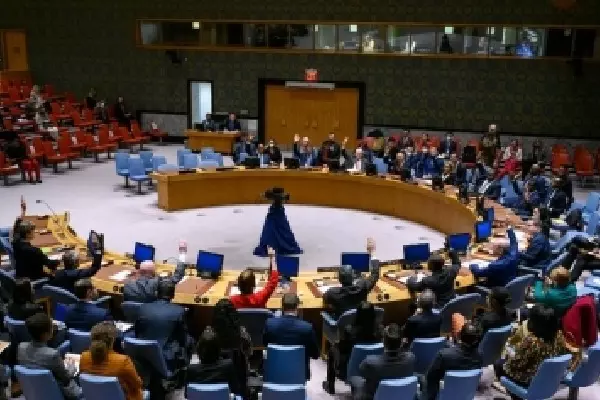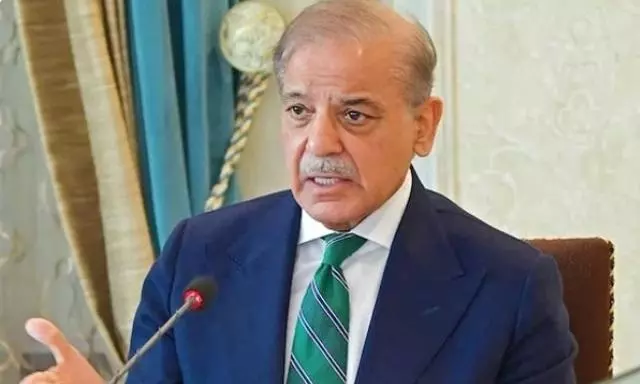
Pakistan stalls appointment of UN Security Council panel on terrorism
text_fieldsUnited Nations: The United Nations Security Council's three key committees dealing with terrorism remain without permanent chairs halfway into the year, due to Pakistan’s efforts to secure leadership positions in at least one of them — a move facing strong opposition from several Western member states.
Diplomatic sources said Pakistan, an elected member of the Security Council for 2025-2026, has insisted on chairing one or more of the panels, which include the Counter-Terrorism Committee, the 1267 Sanctions Committee (focused on al-Qaeda and ISIS affiliates), and the 1988 Taliban Sanctions Committee. However, several Council members, primarily from the West, have opposed Islamabad's leadership bid, citing serious conflicts of interest.
Opposing nations argue that Pakistan harbours terrorist groups such as Lashkar-e-Taiba and Jaish-e-Mohammed and provides sanctuary to their leaders. Its contentious ties with Afghanistan’s Taliban regime have further raised concerns about impartiality, especially in committees that oversee sanctions and counterterrorism efforts.
Because Security Council committees operate on the principle of consensus, Pakistan has been able to stall the appointment of chairs by withholding agreement, effectively leaving the positions vacant. The result is that the rotating presidency of the Council now temporarily oversees these committees. Last month, Greece held the rotating presidency, and its Permanent Representative Evangelos Sekeris confirmed the lack of consensus on committee leadership, while adding that discussions were ongoing to resolve the impasse.
With no permanent chairs appointed, the country that holds the rotating presidency automatically assumes interim leadership of the panels. As Pakistan is scheduled to take over the Council presidency in July, it stands to chair all three committees by default — a development that has raised alarms among certain member states.
During India’s tenure on the Security Council from 2020 to 2022, it chaired the Counter-Terrorism Committee. Notably, India’s Permanent Representative, Ruchira Kamboj, organised a meeting of the panel in Mumbai, at the sites of the 26/11 terrorist attacks perpetrated by Pakistan-based militants. Citing this precedent, Pakistan had objected to India’s role at the time, but is now pushing for its own leadership role, which the same nations now oppose.
Particular concerns have been raised over Pakistan’s demand to chair the 1988 Taliban Sanctions Committee, which oversees the implementation of sanctions on the Taliban as per the Council's resolution passed in 2011. According to sources, Pakistan hopes to leverage this position to exert influence on Afghanistan’s Taliban rulers, with whom it has a troubled relationship.
Observers suggest Pakistan may use the committee's powers to either toughen or ease sanctions in line with its geopolitical interests, especially in light of its claims that the Taliban provides safe haven to anti-Pakistan elements.
Despite its persistent demands, Pakistan faces an uphill battle to secure a chairmanship given the current lack of trust among Council members and its strained relations with the Taliban. Until a resolution is reached, the leadership of the critical counterterrorism committees remains uncertain.
With IANS inputs







